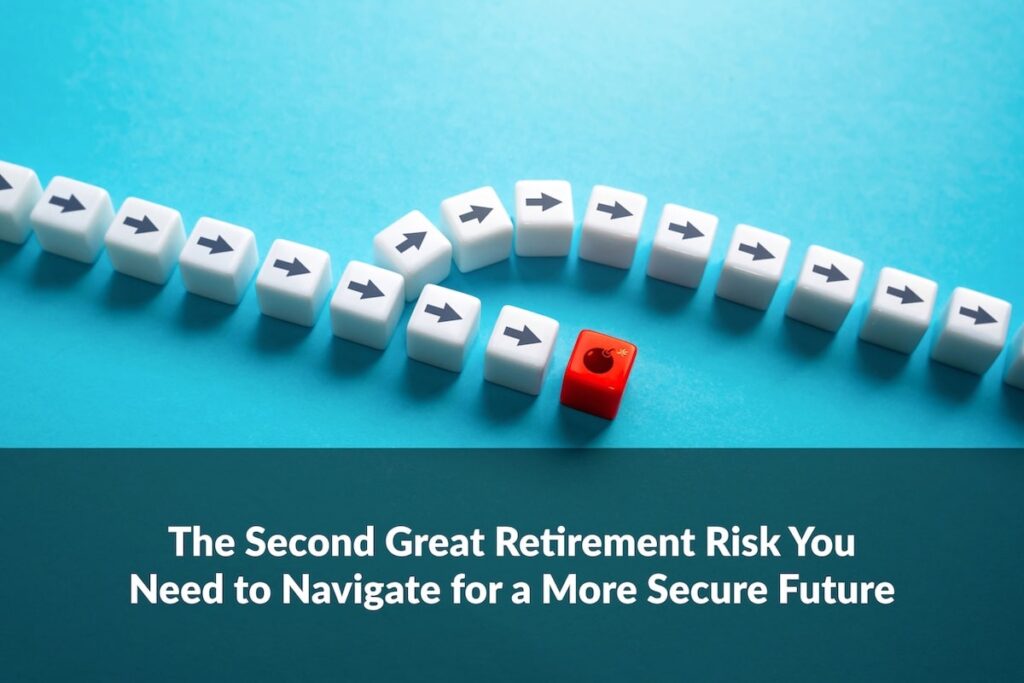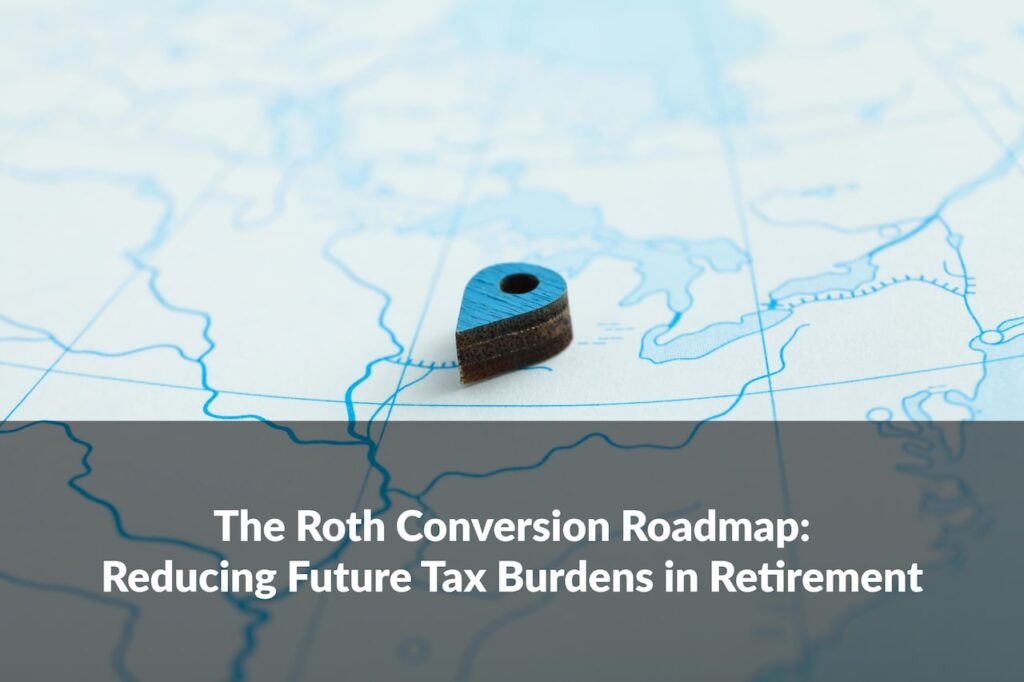How Longevity Risk Can Negatively Impact Your Financial Security
In my last article – part one of this two-part series – I shared an excerpt from industry expert David McKnight’s powerful book, Tax-Free Income for Life. In it, David detailed the first great retirement risk we’re all up against, which is tax rate risk. If you haven’t read that article yet, I encourage you to start there.
Today, I’m sharing another excerpt from David as he explains the second great retirement risk – longevity risk. It’s my mission to educate you about this risk, but also to inspire you to take control of your financial future and prepare for the risks ahead. So, as you read, make notes on any questions you may have, and feel free to reach out to me to schedule a discussion.
Now, let’s pick up with David’s valuable discussion:
Longevity Risk: The Second Great Retirement Risk
If tax rate risk isn’t enough to put a knot of angst in the pit of your stomach, then the second major retirement risk will almost certainly finish the job. This insidious threat to your retirement plan is known as longevity risk. Simply put, it’s the risk of running out of money before you die. You know, having too much life at the end of your money. Living too long and dying broke. Thanks to advances in medical technology that allow Americans to live longer and longer lives, longevity risk is becoming all the more acute. Most retirement experts today say it’s not enough to plan for only a twenty- year retirement. They’re running retirement projections out to age one hundred and beyond.
The reason longevity risk is so dangerous is that it magnifies and enhances a subset of risks that are traditionally responsible for people running out of money before they die. I’m referring to sequence-of- return risk, withdrawal rate risk, long-term care risk, and inflation risk. If you’re planning on living only five years, none of these risks are likely to land you in the poorhouse. But a traditional retirement may last anywhere from twenty to forty years. And the longer your retirement lasts, the higher the statistical likelihood that one of these risks could send your retirement plan cartwheeling off the tracks. Essentially, there’s more time for bad stuff to happen during a thirty-year retirement than during a ten-year retirement.

Longevity Risk: Is Saving More the Answer?
Some retirement experts insist that the only way for you to vanquish these retirement risks is to save more money. In other words, build more cushion into your retirement plan during your working years so you can be über-prepared to weather any financial storm in retirement. You know, throw more money at the problem! But how much additional money will you need to fully neutralize these four risks? It’s hard to say because the single most important variable in the retirement calculus is a complete unknown: how long you’re going to live! Whether you realize it or not, longevity risk is likely to play a starring role in the success or failure of your retirement plan.
No problem, you might be thinking. I’ll just look at the median life expectancy for someone my age and plan accordingly. Here’s the problem: median life expectancy doesn’t predict your actual life expectancy. It simply predicts the point in time by which half the people your age will have died. The other half are going to live longer— in some cases, much longer.
For years, our industry has poked and prodded thousands of respondents to get a measure of their concern for longevity risk. According to a recent survey by a major financial services company, 85 percent of retirees feel financially anxious, and 89 percent would rather have financial security over the long term than cash in hand today. Yet only 44 percent of respondents said they were doing anything to address the financial implications of living longer.
These statistics reinforce what I’m hearing as I speak around the country to thousands of private investors, financial planners, organizations, and corporations: there’s increasing anxiety that no matter how much you save, you are likely to run out of money in retirement.

This anxiety is further reinforced by a recent study by Harvard Business School. In the most comprehensive study of its kind, researchers interviewed four thousand pre-retirees, each with a net worth of at least $1 million, in an attempt to answer the age-old question “How much money is enough?” Did the respondents feel secure with their present level of net worth? If not, what amount of money would it take to spur a greater sense of security? The results may startle you. For those who had $1 million, it wasn’t enough. They needed closer to $2 million to be satisfied. Those who had $2 million needed closer to $4 million. For those with $4 million, $8 million was their magic number. It wasn’t until researchers started surveying those with a net worth of $15 million or more that they began to see consistently stable levels of satisfaction. So, how much is enough? According to Harvard Business School, it’s about $15 million. Anything short of that and you’re likely to feel some level of insecurity about how long your assets will last in retirement. What this book will show is that you don’t need $15 million to have a secure retirement; you just need a rock-solid strategy to mitigate the two greatest risks that threaten to derail your retirement plan.
Mitigating Your Retirement Risks
Are you ready to neutralize the two largest roadblocks to your retirement success? Are you ready to ensure that this permanent period of willful unemployment never be disrupted? If so, let’s get to work!
You can read the rest of David McKnight’s Tax-Free Income for Life for more information on how to get started mitigating the two greatest retirement risks, or you can schedule a one-on-one strategy session with me to learn the steps you can take right now to give yourself more security in retirement. I can help you lower your tax burden, optimize your income streams, and more so you can truly live your best life. I look forward to hearing from you!









